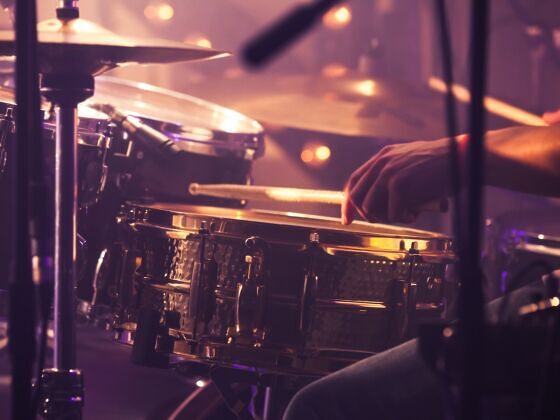Auto-Tune
It can take fifty shows for a band to perfect harmonies and learn how to perform under difficult conditions. Auto-Tune is an audio processor that fixes pitch problems for singers who are incapable of singing, as well as those who just haven’t gotten their chops together. Sadly, nothing ever seems to help Stephen Jenkins of Third Eye Blind.
